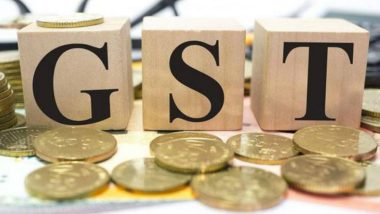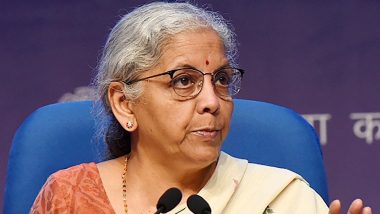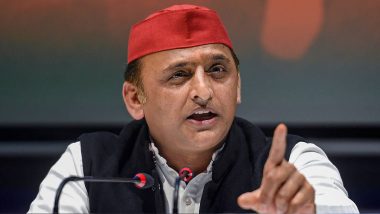United Nations, April 27: India has informed the UN that the Goods and Services Tax reform implemented by it, coupled with the demonetisation of high-value currency notes, has brought 1.8 million more people into the income-tax net.
Additional Secretary in the Ministry of External Affairs A Gitesh Sarma, addressing the ECOSOC Forum on Financing for Development Follow Up, said India is currently implementing a wave of reforms.
Apart from encouraging digital over cash transactions, India introduced the Goods and Service Tax regime which provides for uniform taxes. He said this has led to a 50 per cent increase in the number of indirect taxpayers.
"Coupled with demonetisation of high-value currency notes, the GST brought 1.8 million more people into the income-tax net,” he said at the forum here yesterday.
He added that India stands firm on its stand on the fundamental principles of the World Trade, including multilateralism, rule-based consensual decision-making, an independent and credible dispute resolution and appellate process, the centrality of development, which underlies the Doha Development Agenda, and special and differential treatment for all developing countries.
He said the global economic recovery is progressing gradually, with improved resilience and emergence of new sources of growth.
"However, there are concerns that a durable recovery may remain constrained by factors such as the persistence of low productivity and debt overhang problems in advanced economies as well as in some emerging market economies, rising populism and protectionism, and the slow pace of structural reforms,” he said.
India has also committed to remaining mindful of new gaps in the domestic resource mobilisation that may result from financial innovations, including digital finance, and the implications of fin-tech and the weightless economy on financial inclusion and access to finance, Sarma said.
Further, stepping up its cooperation with the southern countries in the spirit of solidarity, last year India established the India-UN Development Partnership Fund that supports Southern-owned and led, demand-driven, and transformational sustainable development projects across the developing world, with a focus on Least Developed Countries (LDCs) and Small Island Developing States (SIDS).
"I would like to reiterate that the international community must step up its efforts to fulfil the commitments already undertaken not as a charity but with a full realisation that it will be in our collective interest,” he said.













 Quickly
Quickly




















